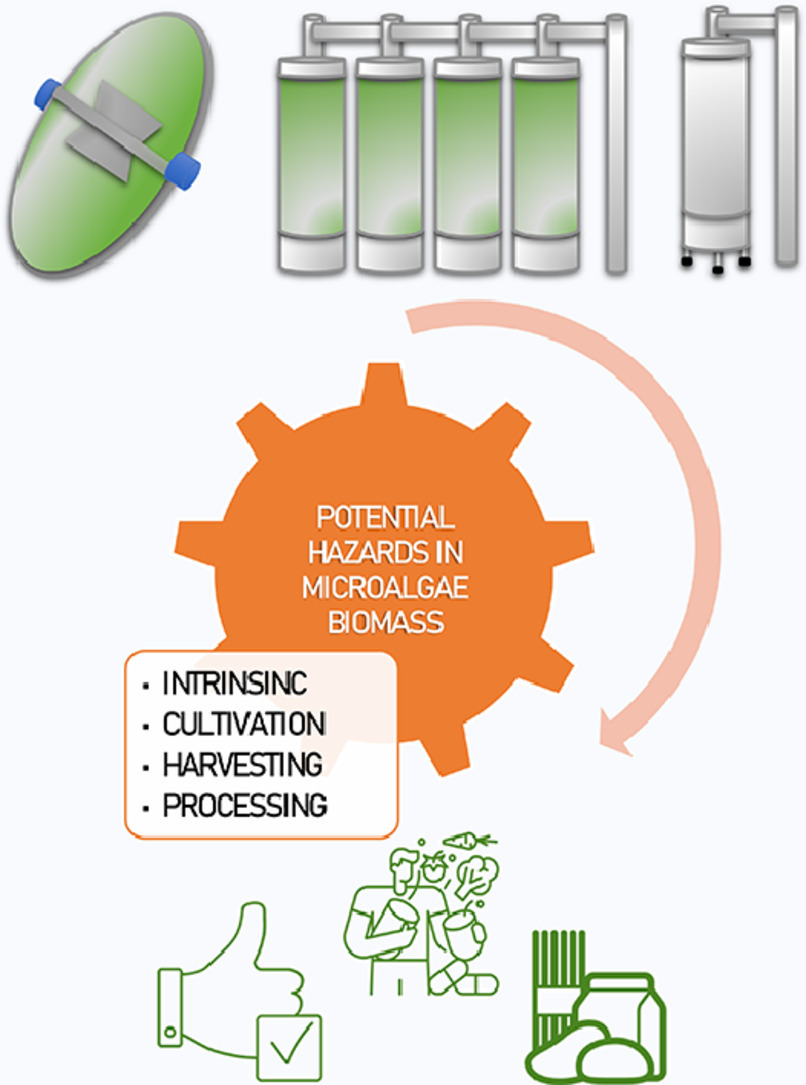Elsevier,
Genomic Data Sharing, Case Studies, Challenges, and Opportunities for Precision Medicine, 2023, Pages 71-90
The Global Alliance for Genomics and Health (GA4GH) is an international standards development organization focused on advancing human health and medicine through genomic data sharing and interoperability. Founded in 2013, the organization has evolved over time and has adapted to unexpected challenges. Three themes have emerged as critical to the organization's success: (1) community needs must drive development; (2) agility is necessary to create global equity and opportunity; (3) developing an idea into a widely adopted standard requires multiple levels of consensus furthering SDG3.
This Article supports Sustainable Development Goal 3 by developing a methodology for discriminating between and classifying Alzheimer's disease and frontotemporal dementia according to demographic, clinical, and cognitive data, across centres in Latin America. The approach provided high accuracy with the combination of classical statistical and machine learning procedures.
This content aligns with Goal 3: Good Health by summarizing the current obstetric care in place, or lack thereof, in tropical regions. It recommends actions to create and improve quality, preventitive care where it is needed most and ultimately reduce maternal mortality rates in these regions.
This articles supports SDG's 15 and 13 by looking at the broad impact land degradation has on socio-economical development and biodiversity.
Food systems are a major driver of environmental change, responsible for rapid deforestation, water scarcity, and an estimated 30%–34% of global anthropogenic greenhouse gas emissions. Findings in this paper point to the capacity of plant-sourced food consumption to minimize environmental harm without necessarily jeopardizing nutrient availability in Latin America and the Caribbean (LAC). Local agriculture can contribute to food system sustainability by producing diversified plant-sourced foods, cornerstones of many traditional food customs, and mitigating the impacts of industrialized livestock operations and imported, animal-centric dietary habits.
This Article supports SDGs 3 and 16 by assessing gaps in the evidence on key health outcomes and inequalities in Latin American and Caribbean countries, focusing particularly on inequalities between people of African descent and people of non-African descent.
This article aligns with the SDG goal 3 of Good health and wellbeing and SDG 10 Reduced inequalities by highlighting the importance of hepatitis C virus testing among high-risk population groups such as people living with HIV and intravenous drug users.
Background: There is an urgent need to reduce the burden of depression among older adults in low-income and middle-income countries (LMICs). We aimed to evaluate the efficacy of a task-shared, collaborative care psychosocial intervention for improving recovery from depression in older adults in Brazil. Methods: PROACTIVE was a pragmatic, two-arm, parallel-group, cluster-randomised controlled trial conducted in Guarulhos, Brazil.
This Article supports SDGs 3 and 10 by highlighting substantial ethnoracial inequalities in child mortality in Brazil, especially among the Indigenous and Black populations.

